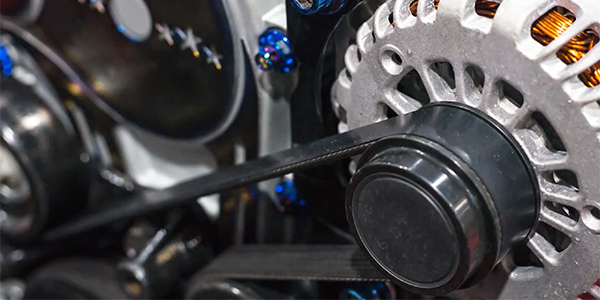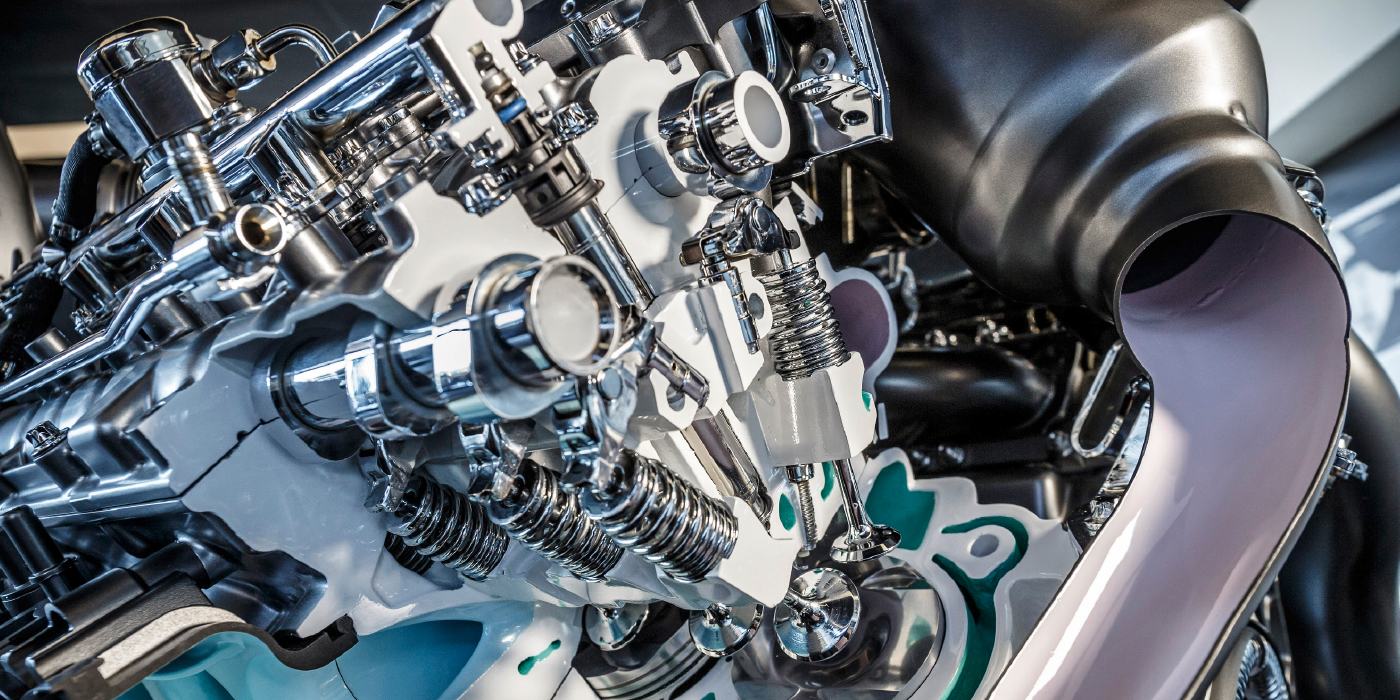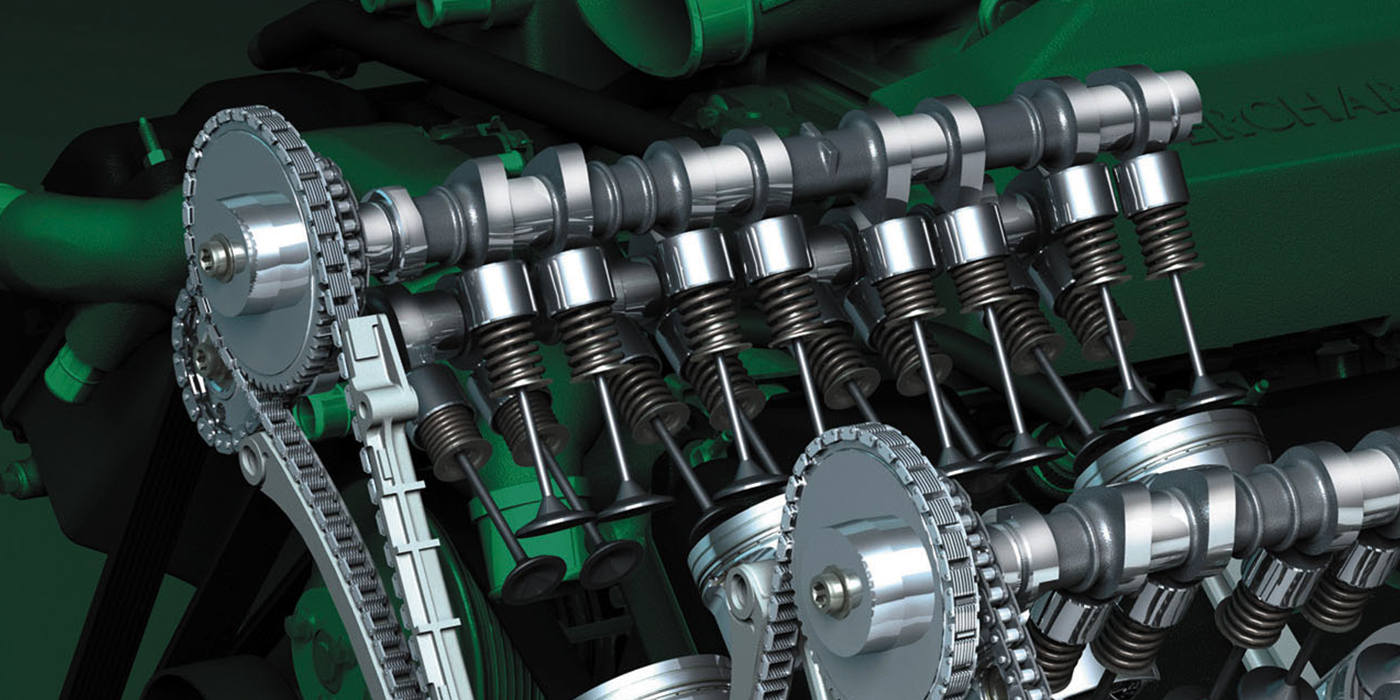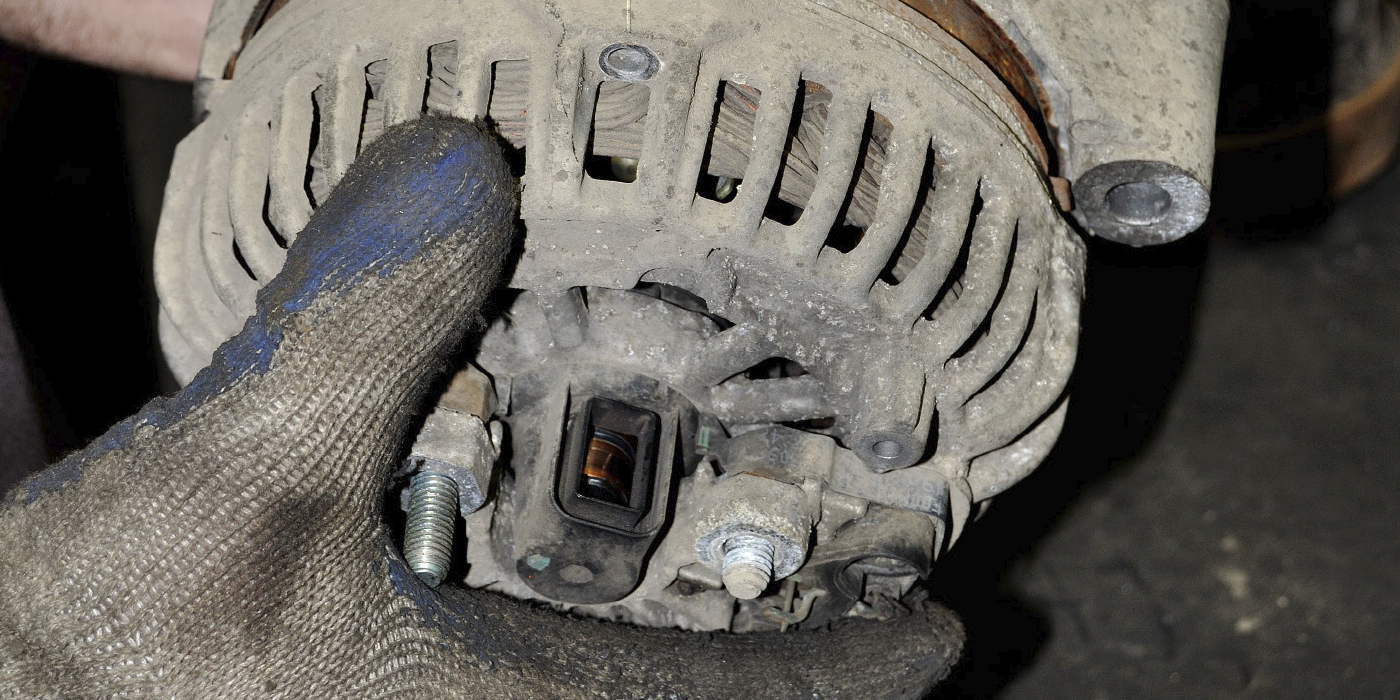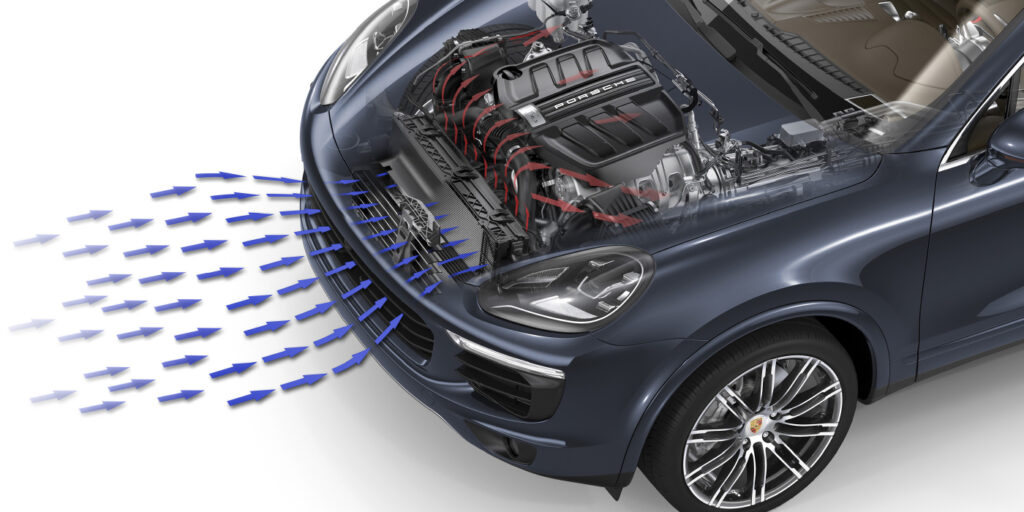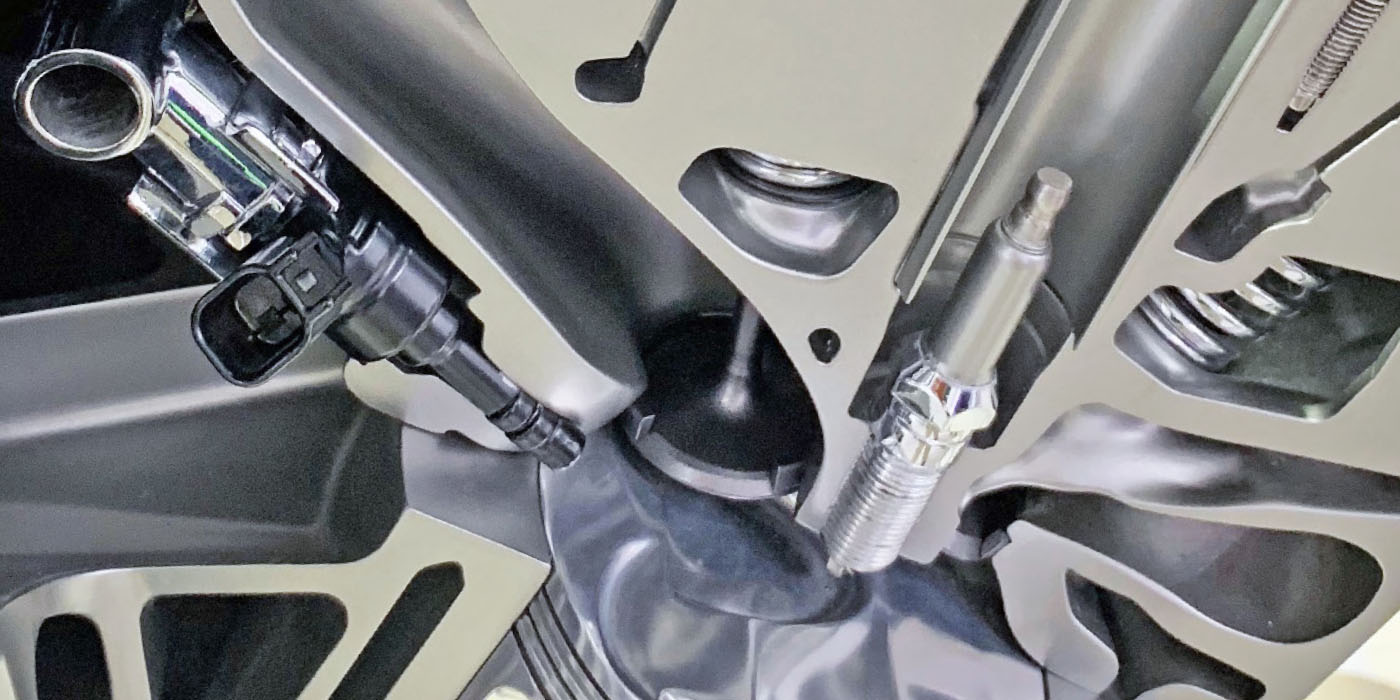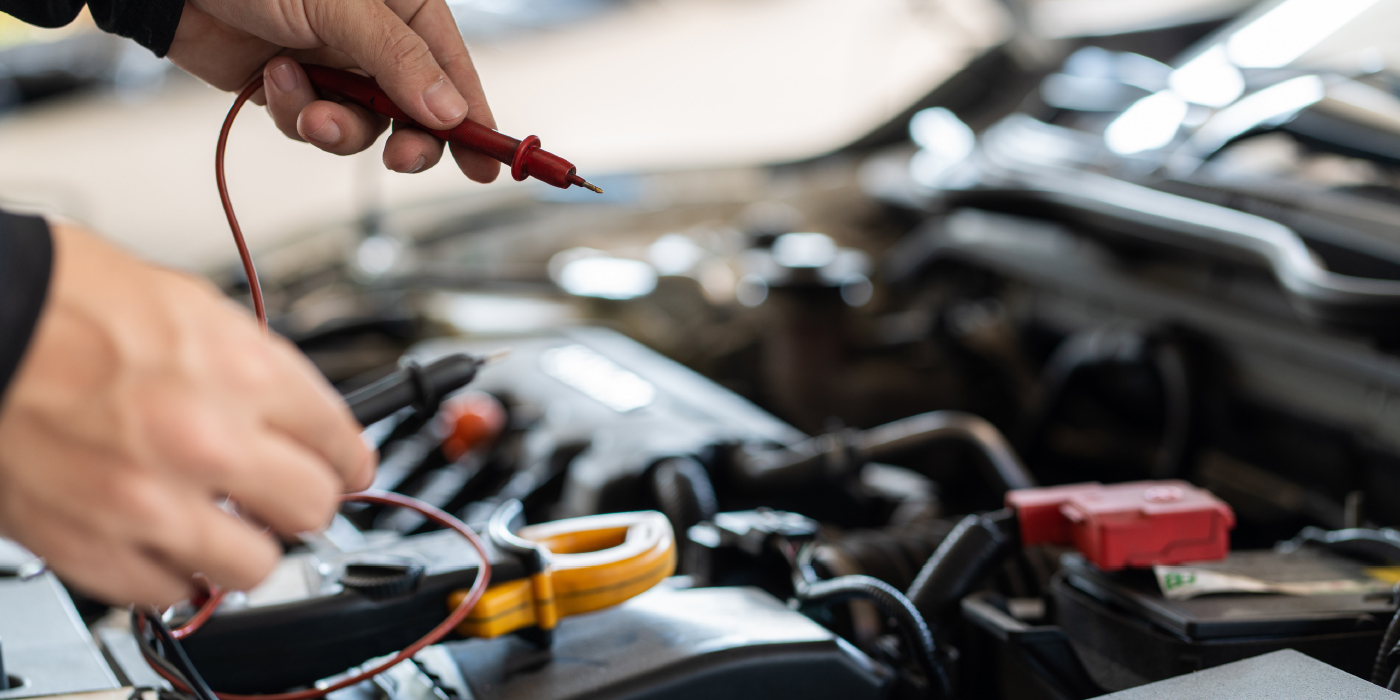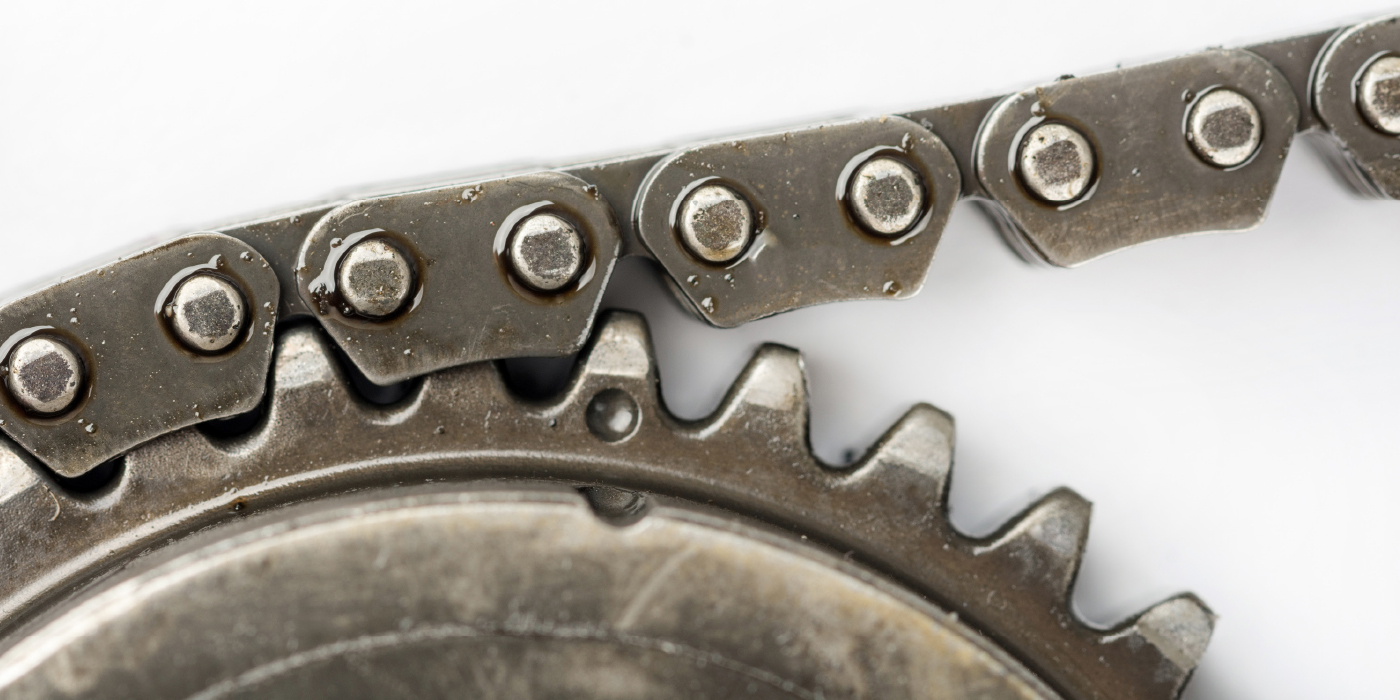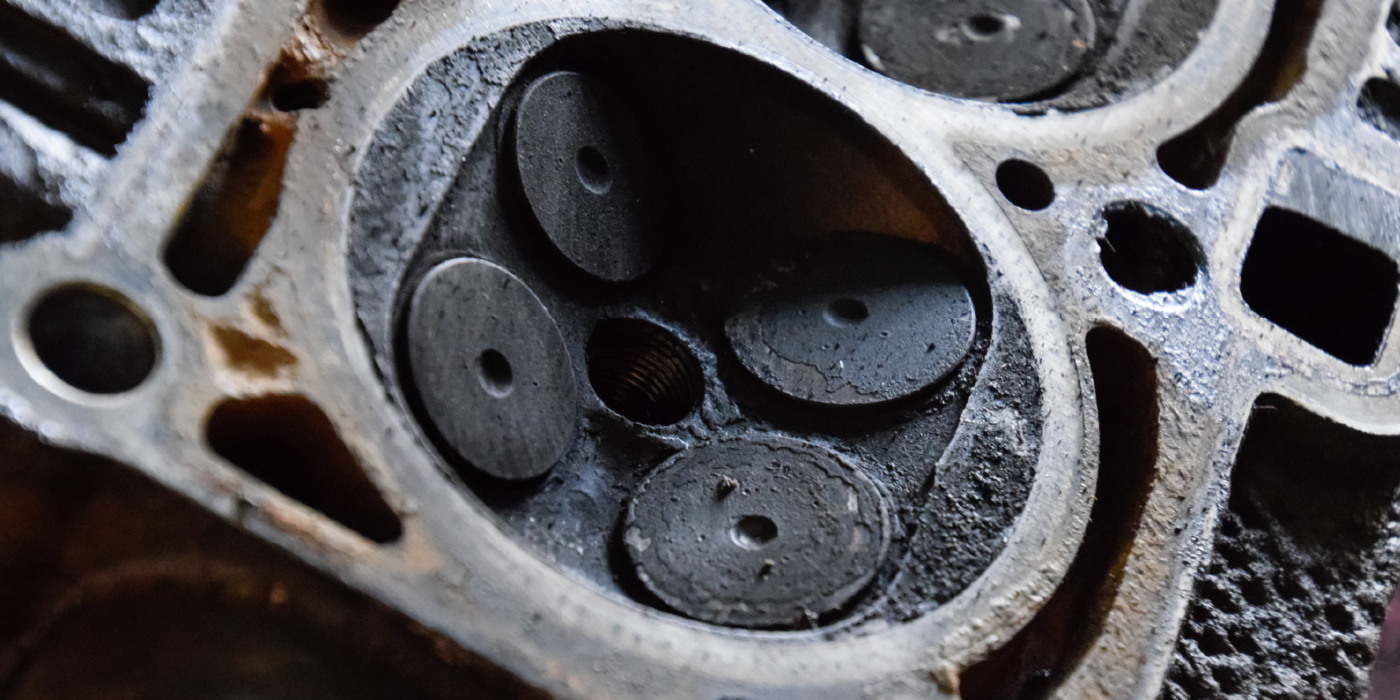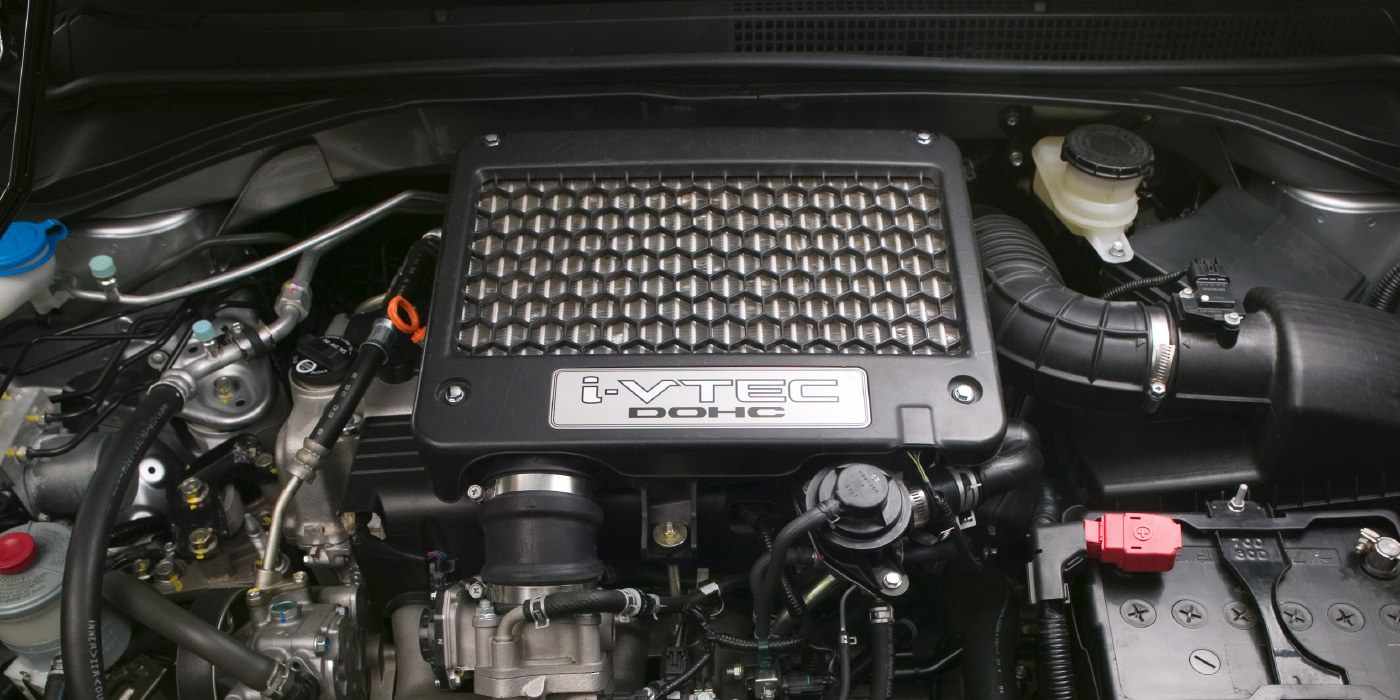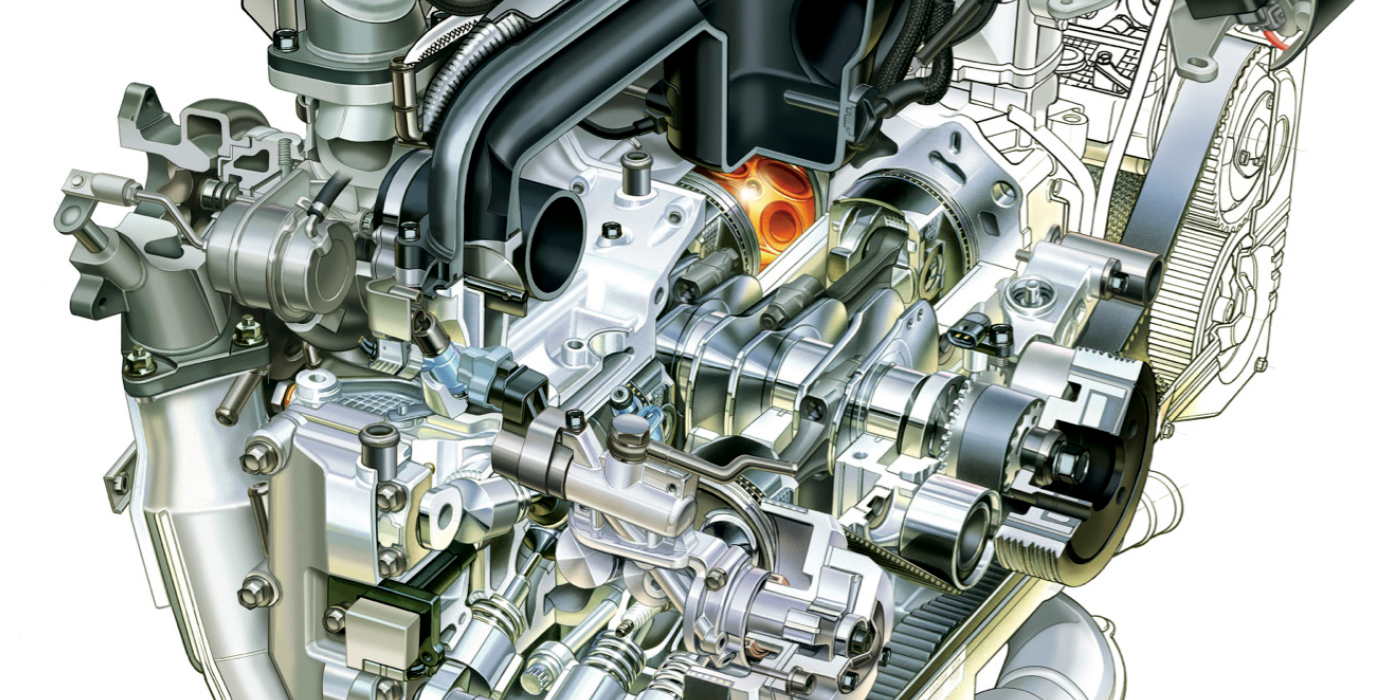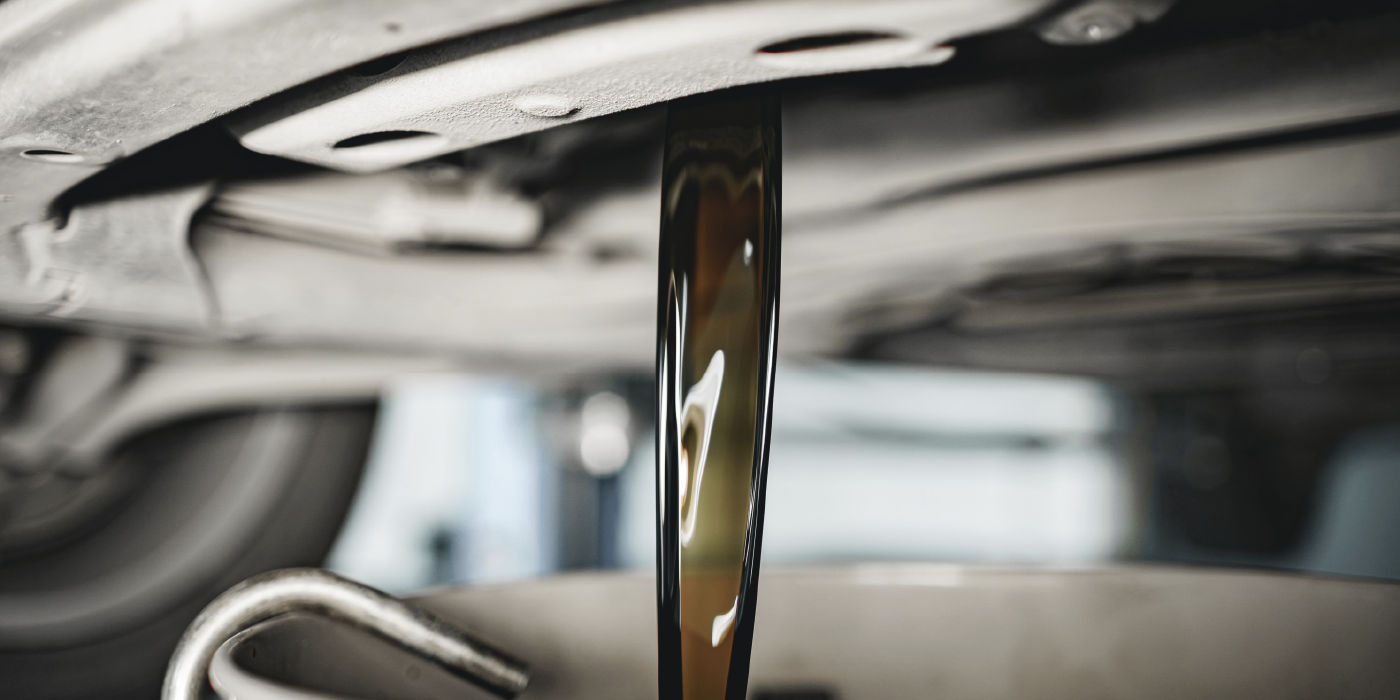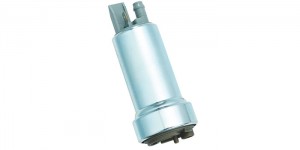 TI Automotive introduces a higher pressure version of its 39/50 Dual Channel Single Stage (DCSS) pumps. The DCSS 39/50 has been designed around the proven 39 mm armature (motor) that has been used for many years, and features a single impeller with two parallel rows of turbine blades. It is designed for engines with more than 500 HP and features a flow rate of 400 lph at 40 psi.
TI Automotive introduces a higher pressure version of its 39/50 Dual Channel Single Stage (DCSS) pumps. The DCSS 39/50 has been designed around the proven 39 mm armature (motor) that has been used for many years, and features a single impeller with two parallel rows of turbine blades. It is designed for engines with more than 500 HP and features a flow rate of 400 lph at 40 psi.
“The turbine blades feed two high-pressure pumping channels, as opposed to a conventional single-stage pump that uses an impeller with a single row of blades at its outer edge,” explained Carl Hockman, product manager, TI Automotive. “This innovative design results in improved hot fuel flow, as well as minimal noise and current use, resulting in efficiency that’s 20 percent higher than conventional pumps.”
The TI Automotive F90000273 provides higher pressure relief when compared to the typical F90000262 pump. It is for gasoline engines only and will support 500 plus horsepower. The TI Automotive F90000274 delivers higher pressure relief than the typical F90000267 pump and is E85 compatible to support 750 plus horsepower engines.
For more information: www.tiautomotive.com/aftermarket.


